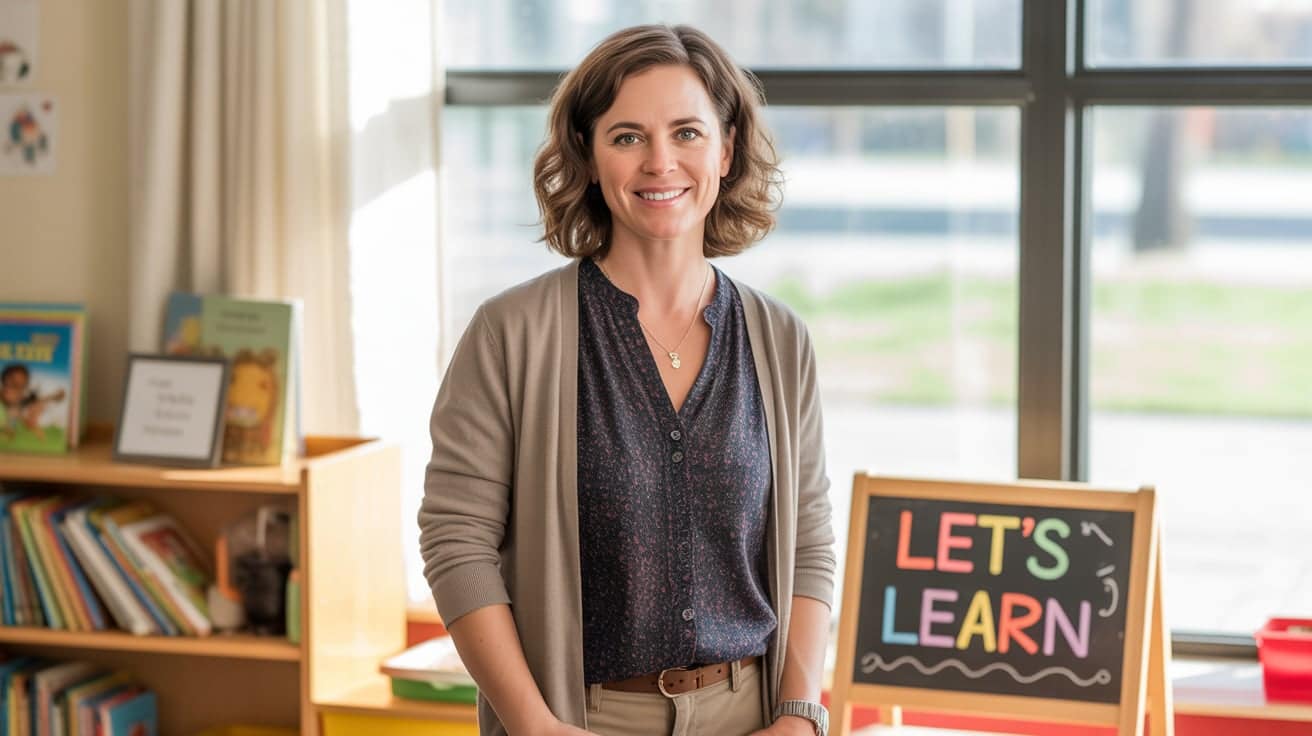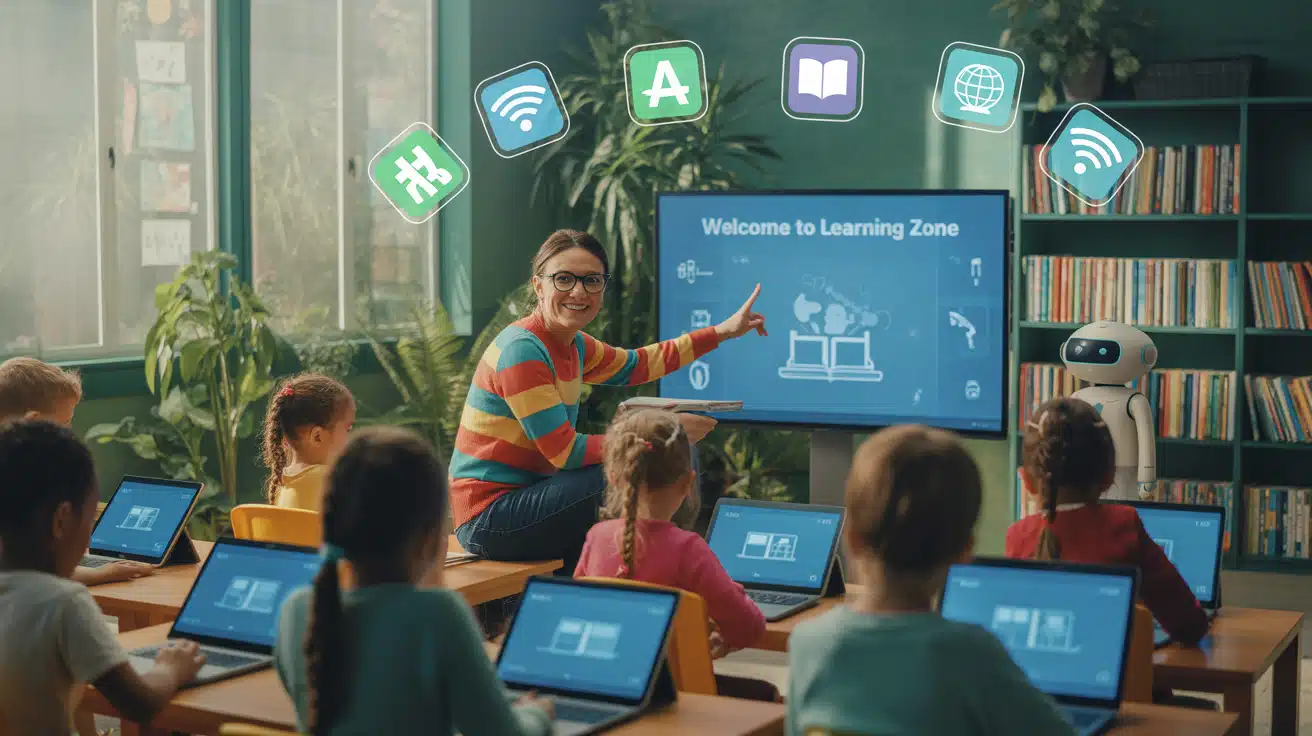Creating Impactful Educators: The Shift Toward Specialized Teacher Preparation
The education sector is undergoing a profound transformation, driven by evolving societal needs, technological advancements, and psychological insights into how students learn. Educators are no longer limited to delivering content—they now serve as guides, mentors, and catalysts for meaningful learning experiences.
As classrooms become more diverse and complex, the traditional, generalized training models are proving insufficient. There is a growing shift toward specialized teacher preparation programs that cater to specific developmental stages and learning contexts.
This change reflects the increasing need for educators who are not just knowledgeable but also adaptable, intentional, and skilled in addressing diverse student needs. The focus is moving away from a one-size-fits-all approach and toward preparing professionals who can engage inclusively, integrate technology effectively, and cultivate dynamic learning environments.
As a result, specialization in teacher training is emerging as a core component of building impactful, future-ready educators.
Higher education plays a critical role in the transformation of teacher preparation. Universities and institutions offering educator training are no longer content with providing surface-level instruction. They now develop programs that delve into the psychological, developmental, and pedagogical dimensions of teaching.
As students move through these programs, they encounter a curriculum designed not only to impart knowledge but also to instill reflective and evidence-based practices. Programs focusing on specific developmental stages or educational needs are at the heart of this shift.
For example, early childhood education requires a distinct understanding of developmental psychology, learning theory, and classroom management techniques suitable for young learners. These areas differ dramatically from those needed in secondary or adult education. Consequently, specialized academic programs equip future educators with targeted tools that address these distinctions head-on.
Among these tailored academic routes, the program stands out as a flexible and comprehensive pathway for individuals passionate about early learning.
It offers a curriculum specifically focused on the needs, behaviors, and growth patterns of young children while allowing learners to balance their studies with personal and professional responsibilities. This online structure ensures accessibility without compromising academic rigor, encouraging a broader range of candidates to pursue a profession in education. The growing recognition of such programs is indicative of a broader trend that values specialization as a key to educator effectiveness.

One of the most defining features of specialized teacher preparation is the integration of real-world experience with academic learning. Traditional models often relied heavily on theoretical knowledge, sometimes leaving new educators underprepared for the complexities of actual classrooms.
Today’s specialized programs close this gap by incorporating hands-on practicum opportunities, internships, and residencies within their structure. Through these practical experiences, aspiring educators learn to apply theoretical concepts in authentic classroom settings.
They interact with students, manage varying learning styles, and navigate the challenges that arise in real-time, all under the supervision of experienced mentors. These immersive learning opportunities sharpen critical thinking and adaptability, allowing future teachers to develop confidence and professional insight. Moreover, these structured field experiences are not generic. They are aligned with the specific focus of the educator’s training.
A program specializing in early education will place students in environments like preschools or early learning centers, ensuring their experience directly reflects their area of focus. Such alignment reinforces the specialized skills being developed and ensures greater continuity between learning and practice.
Another key dimension of modern teacher preparation is the growing emphasis on culturally responsive pedagogy. Educators are expected to teach in classrooms that reflect diverse cultural, linguistic, and socio-economic backgrounds. A specialized teacher preparation program incorporates strategies that help future educators acknowledge and embrace this diversity rather than avoid or oversimplify it.
This cultural sensitivity is more than just an ethical imperative—it’s essential for effective teaching. Teachers must be prepared to address implicit biases, recognize unique student needs, and adapt instructional strategies to align with the lived experiences of their learners.
Specialized training programs emphasize these values through coursework, dialogue, and reflective practices. Future educators are encouraged to examine their own beliefs and biases, understanding how these influence their teaching. They learn to create inclusive curricula that validate multiple perspectives and encourage participation from all learners. In this context, specialization is not just about mastering content—it’s about understanding how that content intersects with identity, experience, and community.

The growing integration of technology into education has reshaped the responsibilities of teachers. Educators today are expected to navigate a wide array of digital tools and platforms, design hybrid learning experiences, and support students in developing digital literacy.
Specialized teacher preparation programs are responding to this shift by embedding technology training within their core curriculum. Prospective teachers are now trained to use digital tools not merely as substitutes for traditional materials but as catalysts for engagement, collaboration, and innovation.
They learn how to evaluate the effectiveness of educational technologies, adapt lesson plans for virtual environments, and maintain student engagement across physical and digital spaces.
The end goal of specialized teacher preparation is not just initial classroom readiness—it’s long-term professional development. Effective programs instill in future educators a mindset of continuous learning, encouraging them to seek out new research, reflect on their practices, and remain open to evolving pedagogical innovations.
Specialization fosters this mindset by instilling a deeper connection to a particular area of teaching. When educators are trained with intention and purpose, they are more likely to pursue professional development opportunities related to their specialization.
They attend workshops, join educator communities, and engage with thought leaders in their field, continually refining their skills and knowledge. The shift toward specialized teacher preparation is more than a trend—it is a necessary evolution to meet the needs of today’s learners. By fostering deep expertise, cultural awareness, technological fluency, and a commitment to practice, these programs are shaping educators who are not only ready to teach but ready to inspire.








:strip_icc()/i.s3.glbimg.com/v1/AUTH_19863d4200d245c3a2ff5b383f548bb6/internal_photos/bs/2025/b/C/BdmiMaROu1Kxu4ALMqnQ/familia-jovem-com-filho-pequeno-junto-na-cinza.jpg)